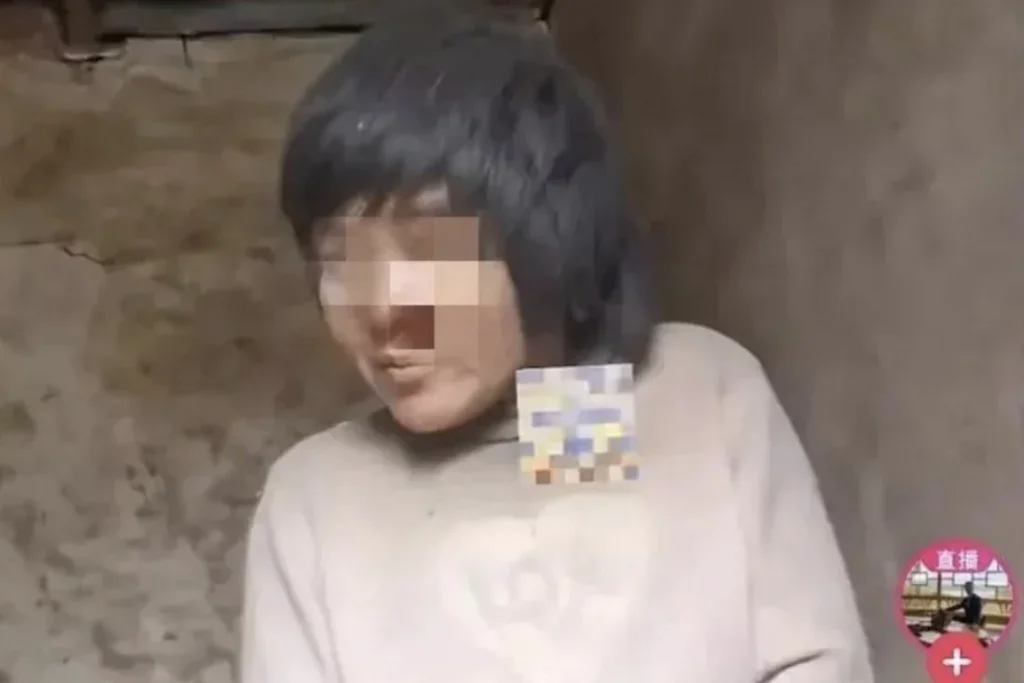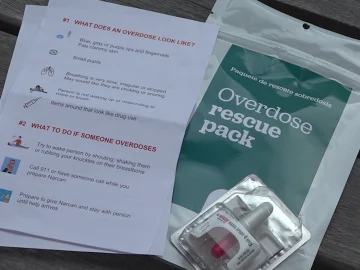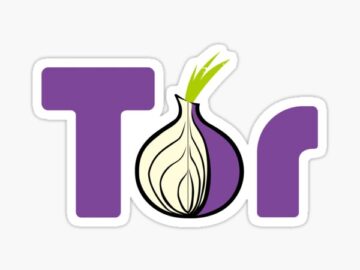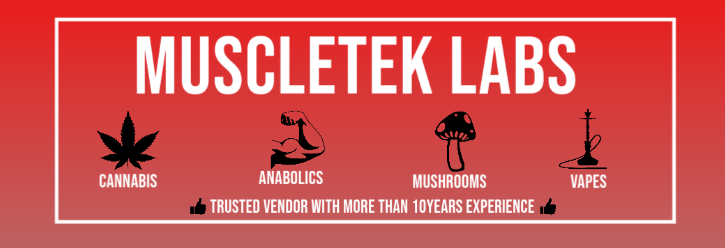China’s ‘two sessions’ will see calls for action over human trafficking after chained woman scandal

A video of a mentally ill woman chained in a shack in eastern China that went viral in January has galvanised the nation Several participants in the annual political meeting plan to propose measures to combat child abduction and trafficking.
As China’s “two sessions” begin, a growing number of delegates to the annual political meetings are calling for reforms to tackle the trafficking of women and children.
Human trafficking – especially that of women and children – quickly became one of the nation’s most glaring domestic issues after a video of a mentally ill woman chained in a dirty shack in eastern China went viral in late January. The woman, a mother of eight who had been chained to the wall by her husband, turned out to be a trafficking victim.
China launches campaign to stem trafficking of women and children 2 Mar 2022
A more recent viral video brought the human trafficking issue to the fore just ahead of the two sessions – the twin meetings of the top advisory body, the Chinese People’s Political Consultative Conference (CPPCC), and the National People’s Congress, the country’s legislature. In this one, a farmer in northwestern Shaanxi province had forced a homeless woman into marriage and confined her in an iron cage.
The China Democratic League, one of the eight “democratic” parties in China, said that it would submit a proposal to the CPPCC to combat child abduction and trafficking.
Public shaming: accused human traffickers paraded through streets of China’s southern Jinxi city
The methods proposed by the CDL, whose members are mainly drawn from the education and cultural sectors, include registering children’s fingerprints and entering them into a national database, educating the public about the illegality of buying and selling human beings, gender equality, and educating prospective adoptive families about the importance of adopting children by legal means.
Anti-trafficking training should be carried out for both children and parents from segments of society at high risk of being abducted, the CDL added.
Other two sessions participants have offered different proposals to address the issue.
Liu Jiacheng, a CPPCC member, suggested that children’s DNA information should be collected and consolidated at kindergartens and schools. Parents who refuse to establish such a DNA file for their children should not only be banned from applying to schools, but also be investigated by public security authorities, Liu argued.
A few deputies to the National People’s Congress echoed the popular public sentiment that purchasers of trafficked victims should face much harsher sentences. Under current laws, someone found guilty for buying a trafficked woman or child is sentenced to a maximum jail term of three years.
Zhang Baoyan, a deputy to the NPC, said that the statutory sentence for buyers should be increased to 10 years.




















